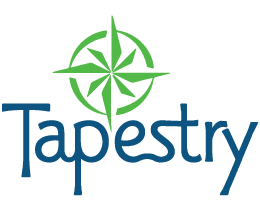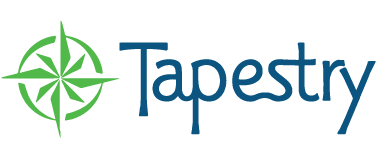WHAT IS A CHARTER SCHOOL?
Charter schools are free, publicly-funded, independently-operated schools of choice that are allowed to operate with more autonomy than traditional public schools in exchange for increased accountability.
There are no admissions criteria; any student who is grade-level eligible can enroll through a non-discriminatory admissions lottery. Charter schools are offered certain freedoms— namely freedom over the budget, curriculum and personnel—in exchange for this increased academic accountability.
Charter schools operate under five-year performance contracts, and are held to the same New York State Regents’ performance standards established for all public schools. A not-for-profit Board of Trustees governs charter schools.
All programs and policies for a charter school are defined in the school’s charter documents. Charter schools are legally bound to operate in a fiscally and ethically responsible manner in accordance with their charters.
How are Charter Schools Funded?
Charter schools receive a per-pupil allocation from the state. This per-pupil allocation varies from year to year, but in the City of Buffalo, in general, has been routinely equivalent to approximately 40% of the total per pupil expenditure of a Buffalo public school student. In order to make up for this funding discrepancy, charter schools must privately fundraise. For more information on the NYS charter school funding formula, click here.





